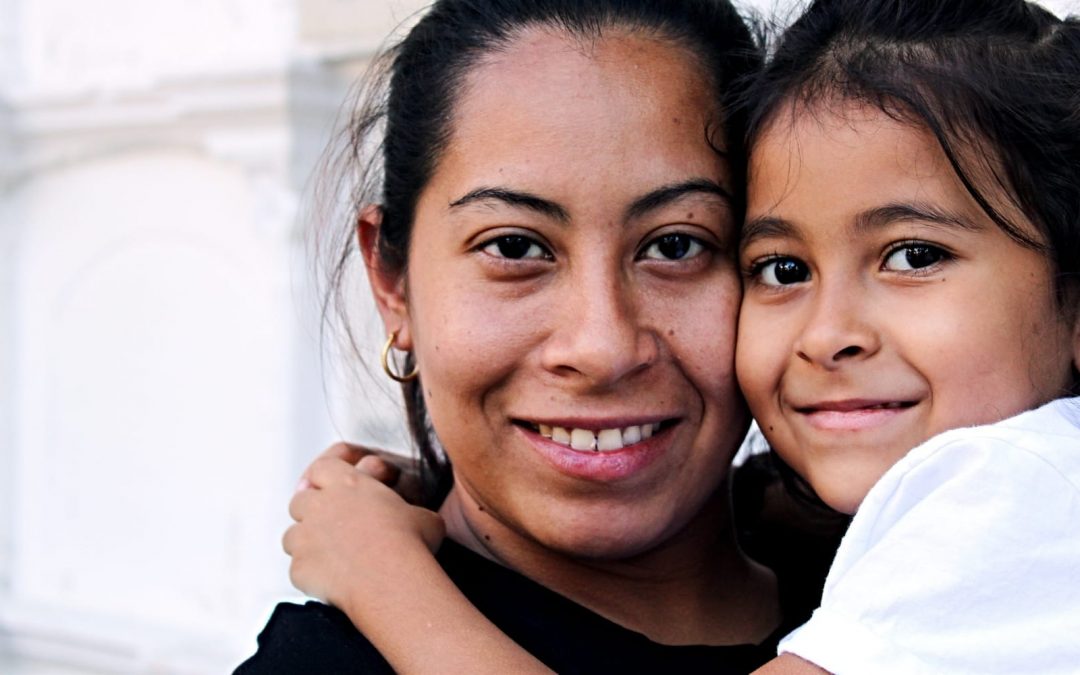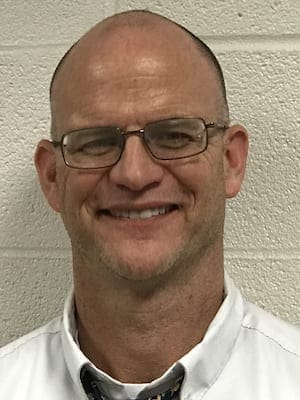The immigration debate has become maddeningly difficult in our current political era.
In order to make any headway, immigrant advocates must overcome the seeming simplicity and very real indignation of those who ask with exasperation, “What part of ‘illegal’ do you not understand?”
However, I truly believe the issue is not as simple as immigration hardliners understand it to be, for scriptural and historical reasons, as well as for questions of American identity.
The Bible rightly tells us that the law should often be obeyed. The law should not be broken merely because it is an inconvenient pain to obey the speed limit or pay our taxes – “render unto Caesar” (Mark 12:17).
But in the stories of the Bible, we often find that the authorities are guilty of hubris, believing that their will is the only thing that matters and that they especially have no obligations to the “least among us.”
From a scriptural perspective, the heroes of the Bible often find themselves on the wrong side of the law, and the villains often have the law on their side.
Flawed rulers like Pharaoh, Nebuchadnezzar, Herod and Pilate are the figures that biblical heroes have to overcome. They represent oppression and the flawed ways of “the world.”
The Christian commitment has to be to God’s will rather than to flawed authorities when the two are in tension. In these cases, the equation is changed, as is the obligation of believers.
Following God’s will and practicing The Golden Rule (Matthew 7:12) take precedence over flawed laws.
Moses, the Hebrew prophets, Shadrach, Meshach and Abednego, Daniel in the lion’s den, the prophet Jeremiah in the well, Christ at Golgotha, Christian martyrs like Stephen, Peter and Paul, all find themselves on the wrong side of the law, hoping for God’s intervention.
“Paul and Silas thought they was lost, dungeon shook and the chains come off” are the lyrics to the beautiful civil rights song, “Eyes on the Prize.”
Christians being arrested or detained for involvement in civil disobedience protesting unjust laws has a long and storied history.
Sometimes the intervention comes and sometimes it does not, but either way the committed take their rightful place in the hall of faith and inherit a crown of righteousness.
Many of our heroes of U.S. history are also admired for taking on the authorities in the name of a higher law than the law of man.
Thomas Jefferson wrote in the Declaration of Independence that when a government doesn’t protect people’s rights, the people must alter or abolish that government.
John Hancock famously broke the law in great, big letters, after becoming the wealthiest man in Boston smuggling goods past the British authorities.
Harriet Tubman broke the law each of the 19 times she smuggled a total of 300 slaves out of the South. Her railroad was “underground” because the law didn’t allow it.
Henry David Thoreau argued that if a law was unjust, we have not just a right but a duty to disobey it and refused to pay taxes that he felt financed an unjust war.
Susan B. Anthony voted illegally and was arrested for it. Alice Paul was force-fed in prison when she went on a hunger strike after being arrested for chaining herself to the White House fence in order to win the right to vote.
And most famously, civil rights demonstrators practiced civil disobedience, following the example of Thoreau and the “Great-Souled” Mahatma Gandhi in India, who effectively demonstrated that laws could change and empires could crumble if illegal protesters can show that their side is morally superior to that of the legal authorities.
When criticized by religious leaders in Birmingham, Alabama, for breaking the law, Martin Luther King Jr. noted that “everything the Nazis did was legal. Aiding and comforting Jews in Nazi Germany was illegal.”
From our founding to the present, it has been shown that when the law is in error, it needs to be changed and overcome.
Finally, as we consider how to treat undocumented immigrants, we must ask, “Who are we?” and “Who are we trying to be?”
“What is this land America. / So many travel there,” as the heart-poundingly exuberant Bruce Springsteen song, “American Land,” asks. What does it mean to be an American?
In my own personal history and pilgrimage, I have taught wonderful immigrant students for more than 20 years. Documented or not, they have been some of the most American souls I have ever encountered.
Those who have absolutely no compassion for them seem to me to have a rather shallow understanding of what it means to be an American.
Is it really all about documentation and having the proper paperwork? I believe that “Americanness” is something more, something deeper, something more noble, something even a little more desperate than just following rules without question or considering a law’s morality or justice.
We all have a sense that the American soul is at best a soul on fire for freedom and hope that will stop at nothing to get a better life.
It is this vision, this hope, this identity, this soul, this commitment, this prayer, this passion, this faith in the essential deep-down goodness of this place that has brought people here for generations across oceans, deserts and rivers.
This place, to quote Springsteen again, is “a land of hope and dreams,” whose essence is much bigger, and more nuanced and complicated, than just being on the right side of the law.


